Greatest Human Rights Activists and Civil Rights Leaders of All Time
Human rights and civil rights activists have shaped history, transforming societies and inspiring millions to fight for justice, equality, and dignity. These leaders come from diverse backgrounds and have fought against systemic oppression, racism, gender inequality, and countless other injustices. Below is a list of some of the greatest human rights activists and civil rights leaders of all time, whose legacies continue to influence the world.
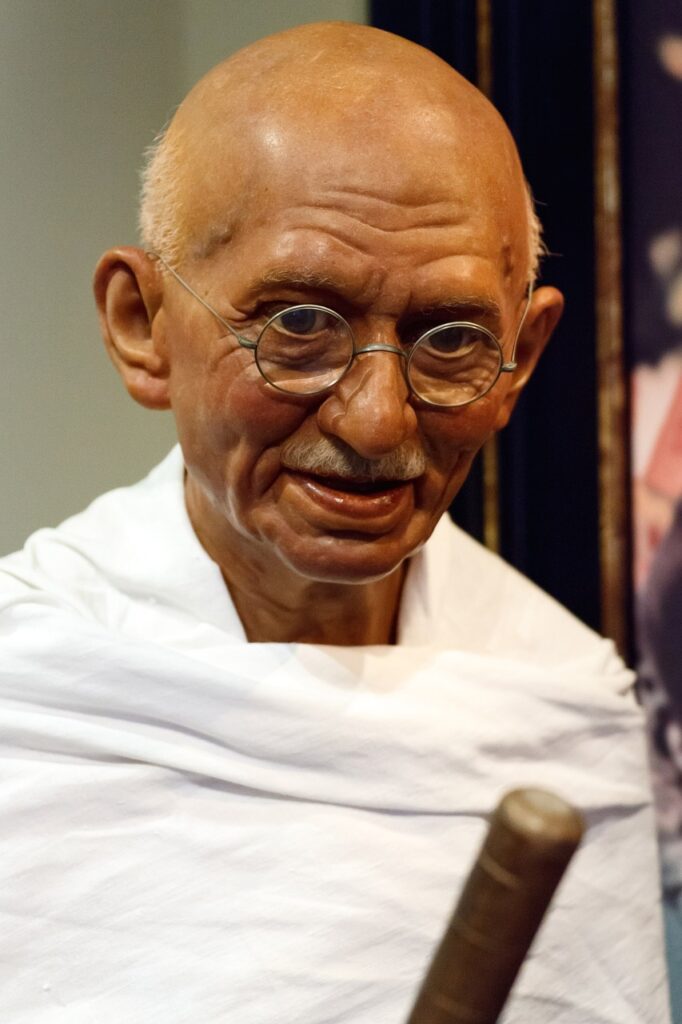
Mahatma Gandhi (1869–1948)
Country: India
Key Contributions: Leader of the Indian independence movement.
Gandhi pioneered nonviolent resistance (Satyagraha) as a means to fight British colonial rule. His methods inspired movements for civil rights and freedom worldwide, including the American civil rights movement.
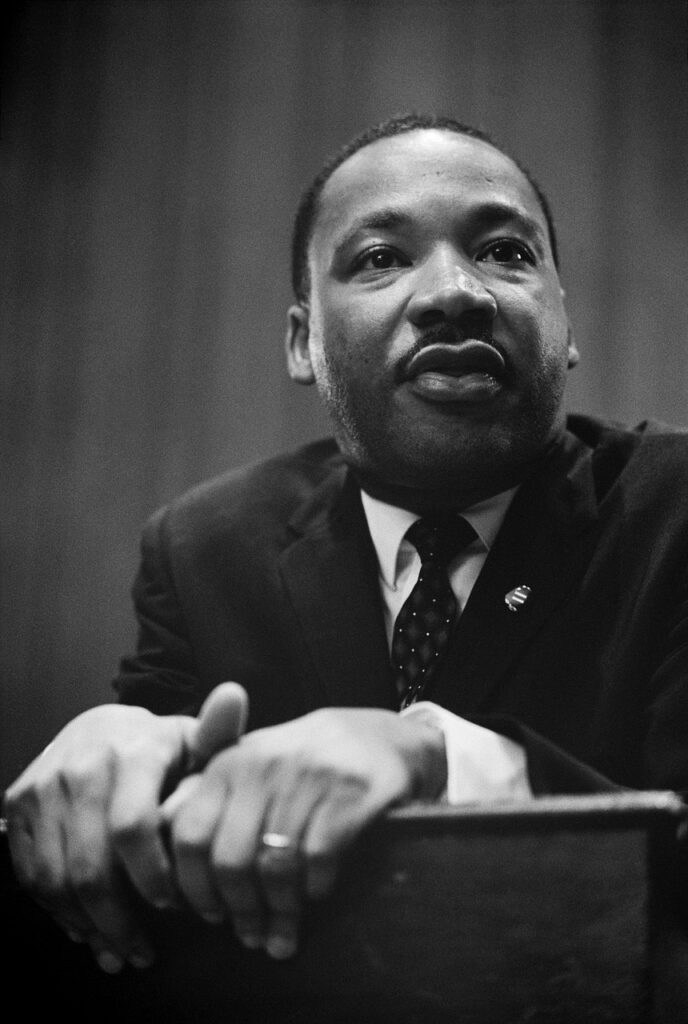
Martin Luther King Jr. (1929–1968)
Country: United States
Key Contributions: Leader of the American civil rights movement.
Martin Luther King Jr. advocated for racial equality through nonviolent resistance. His iconic “I Have a Dream” speech and leadership during events like the Montgomery Bus Boycott and the March on Washington left an indelible mark on history.
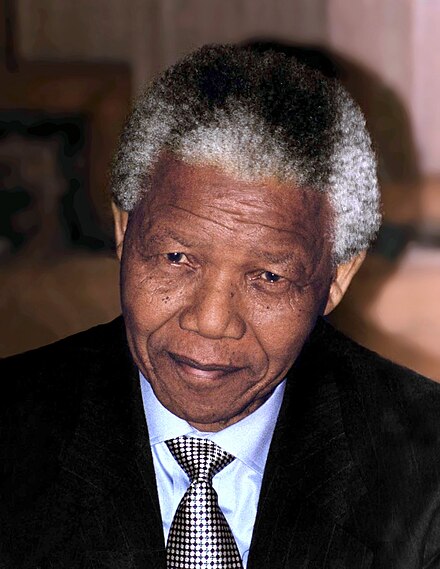
Nelson Mandela (1918–2013)
Country: South Africa
Key Contributions: Anti-apartheid revolutionary and former President of South Africa.
Mandela fought against apartheid, spending 27 years in prison for his activism. After his release, he became South Africa’s first Black president, promoting reconciliation and equality.
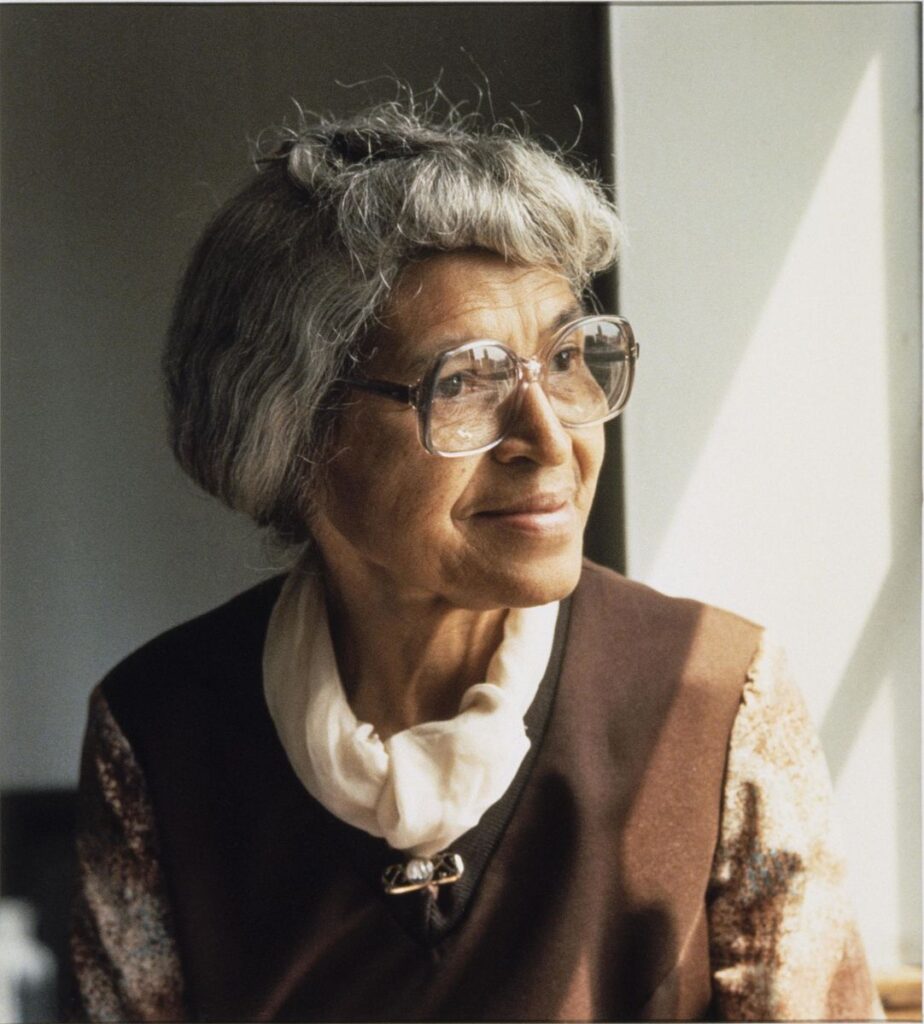
Rosa Parks (1913–2005)
Country: United States
Key Contributions: Catalyst for the Montgomery Bus Boycott.
Rosa Parks is known as the “Mother of the Civil Rights Movement” for refusing to give up her bus seat to a white man, sparking the Montgomery Bus Boycott and igniting nationwide efforts for racial equality.
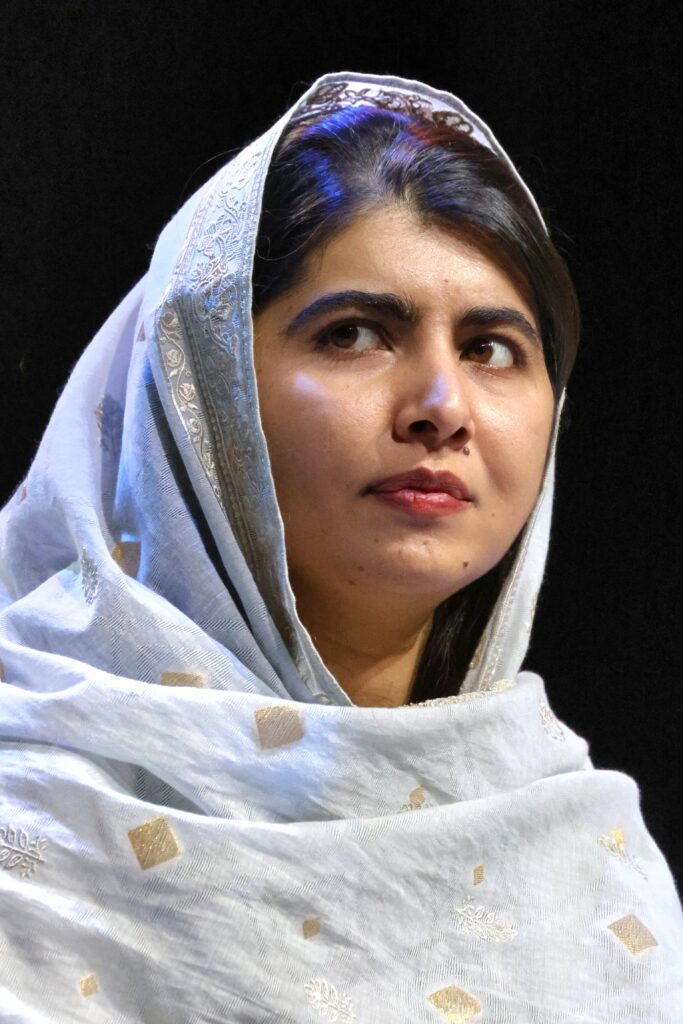
Malala Yousafzai (1997–Present)
Country: Pakistan
Key Contributions: Advocate for girls’ education.
Malala survived a Taliban assassination attempt at age 15 and became a global advocate for education and gender equality. She is the youngest recipient of the Nobel Peace Prize.
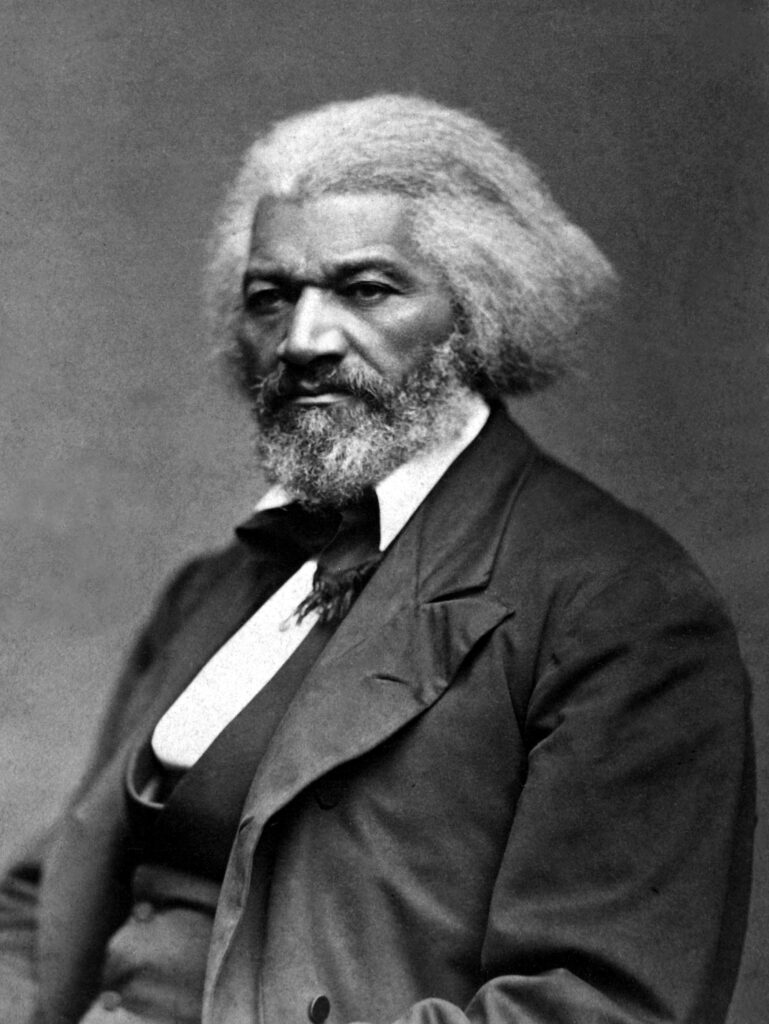
Frederick Douglass (1818–1895)
Country: United States
Key Contributions: Abolitionist and advocate for women’s rights.
Born into slavery, Douglass escaped and became a leading voice against slavery, authoring autobiographies that highlighted the horrors of the institution. He also championed women’s suffrage.
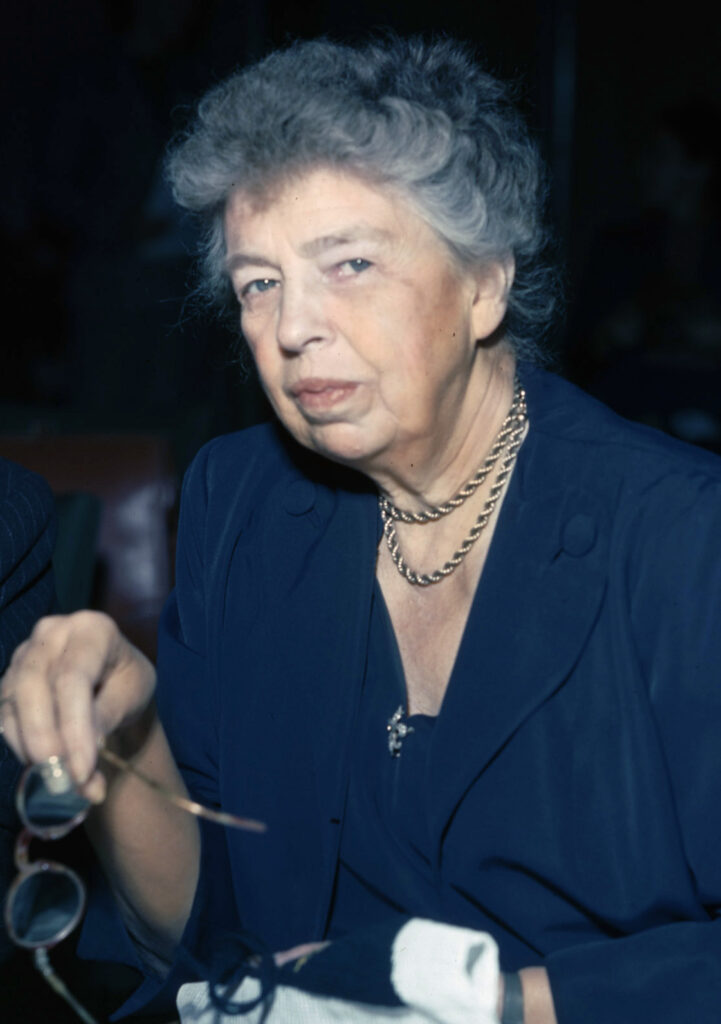
Eleanor Roosevelt (1884–1962)
Country: United States
Key Contributions: Architect of the Universal Declaration of Human Rights.
As First Lady and later as a UN delegate, Eleanor Roosevelt chaired the committee that drafted the Universal Declaration of Human Rights, a cornerstone document for global human rights.
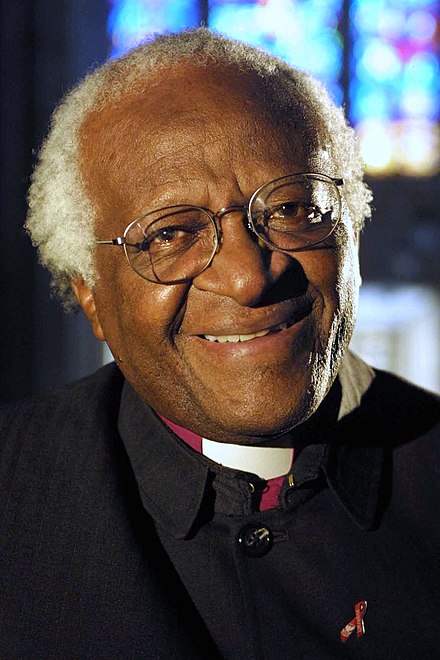
Desmond Tutu (1931–2021)
Country: South Africa
Key Contributions: Anti-apartheid activist and advocate for reconciliation.
Tutu used his role as a bishop to campaign against apartheid. He later chaired South Africa’s Truth and Reconciliation Commission, fostering healing after decades of racial oppression.
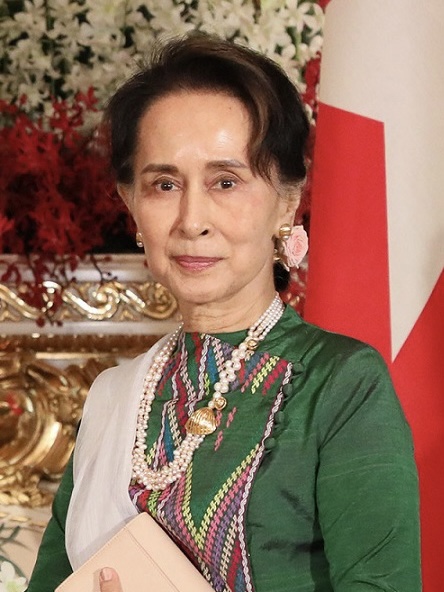
Aung San Suu Kyi (1945–Present)
Country: Myanmar
Key Contributions: Pro-democracy activist.
Aung San Suu Kyi was a symbol of nonviolent resistance against military rule in Myanmar, winning the Nobel Peace Prize in 1991. Her legacy is complicated by later controversies, but her early activism inspired many.
César Chávez (1927–1993)
Country: United States
Key Contributions: Labor leader and civil rights activist.
Chávez co-founded the National Farm Workers Association (now the United Farm Workers). He fought for fair wages, safe working conditions, and union rights for agricultural workers.
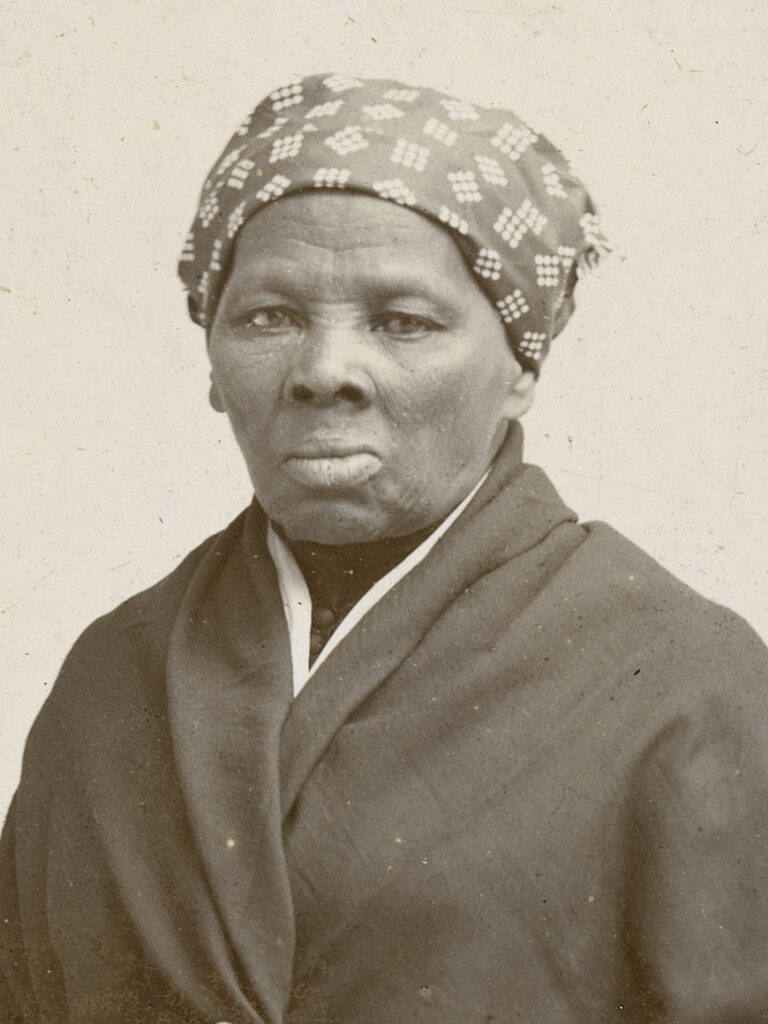
Harriet Tubman (1822–1913)
Country: United States
Key Contributions: Abolitionist and Underground Railroad conductor.
Harriet Tubman escaped slavery and led hundreds to freedom via the Underground Railroad. She also served as a Union spy during the Civil War and advocated for women’s suffrage.
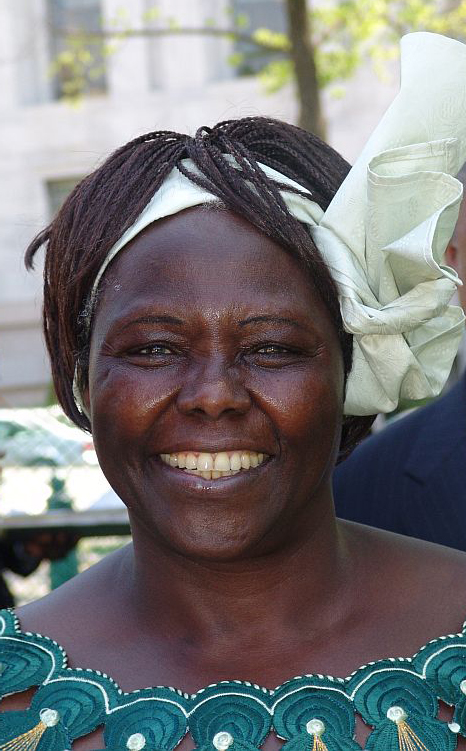
Wangari Maathai (1940–2011)
Country: Kenya
Key Contributions: Environmental activist and founder of the Green Belt Movement.
Maathai was the first African woman to win the Nobel Peace Prize. She combined environmental conservation with advocacy for women’s rights and sustainable development.
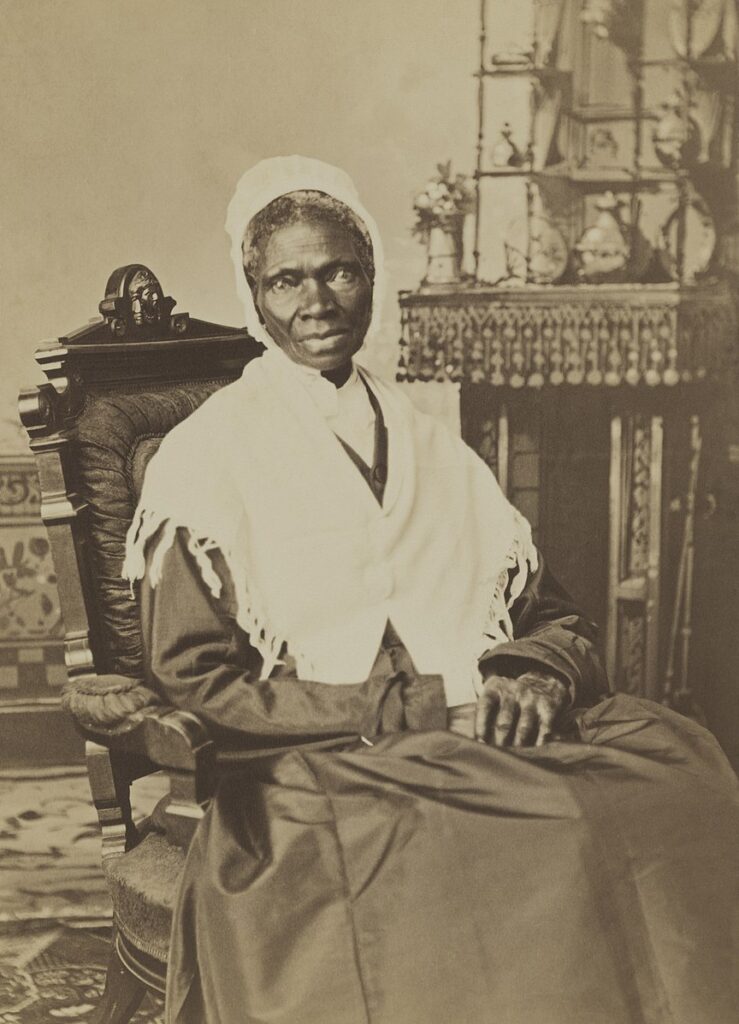
Sojourner Truth (1797–1883)
Country: United States
Key Contributions: Abolitionist and women’s rights advocate.
Born into slavery, Sojourner Truth escaped and became a powerful speaker for abolition and gender equality. Her famous speech “Ain’t I a Woman?” challenged the exclusion of Black women from feminist movements.
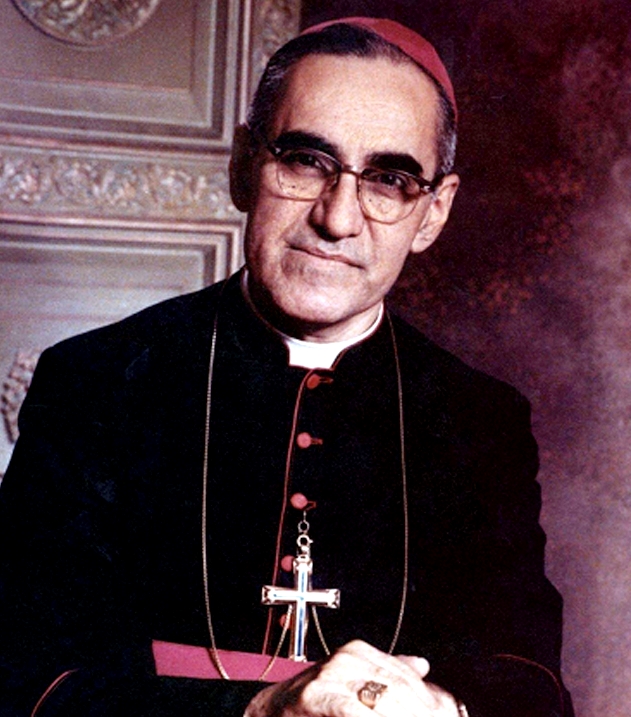
Óscar Romero (1917–1980)
Country: El Salvador
Key Contributions: Advocate for social justice and human rights.
As Archbishop of San Salvador, Romero spoke out against poverty, inequality, and government oppression. He was assassinated while delivering Mass and is considered a martyr for human rights.
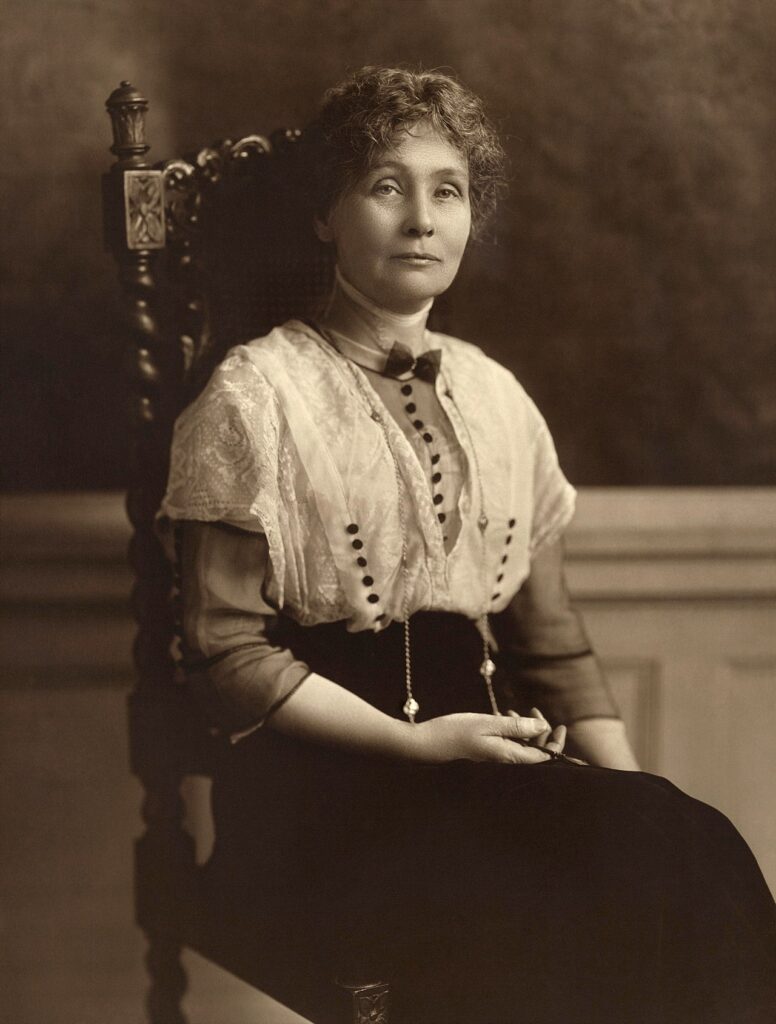
Emmeline Pankhurst (1858–1928)
Country: United Kingdom
Key Contributions: Leader of the British suffragette movement.
Pankhurst played a pivotal role in securing women’s right to vote in the UK. Her activism, often controversial, was instrumental in achieving progress for gender equality.

Maya Angelou (1928–2014)
Country: United States
Key Contributions: Poet, author, and civil rights activist
Angelou is celebrated for her powerful writings, including her autobiography I Know Why the Caged Bird Sings, which became a crucial work in African American literature. Her work focused on themes of identity, resilience, and racism, and she was a prominent advocate for civil rights and women’s rights. Angelou’s activism, including her work with Martin Luther King Jr. and Malcolm X, made her an influential figure in the fight for social justice and equality.
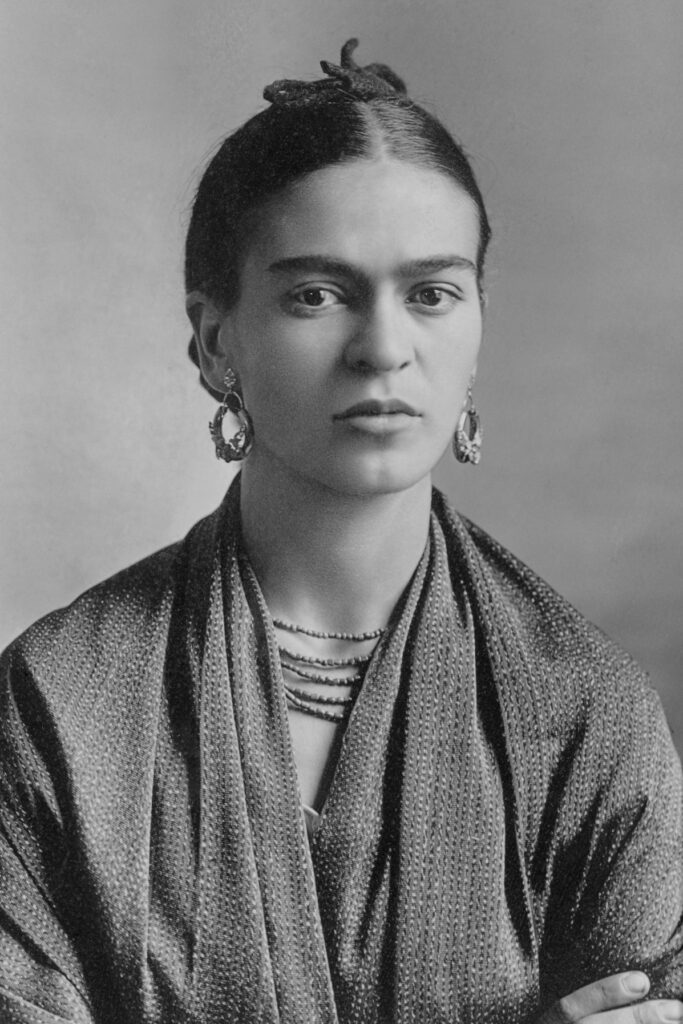
Frida Kahlo (1907–1954)
Country: Mexico
Key Contributions: Artist and feminist icon
Frida Kahlo is renowned for her unique and vivid artwork, often exploring themes of pain, identity, and Mexican culture. Kahlo’s work, such as her famous self-portraits, depicted her physical and emotional struggles, including her battle with chronic pain due to a bus accident. As a feminist and LGBTQ+ icon, she defied societal norms in both her personal life and art, challenging the expectations placed on women and artists. Kahlo’s legacy continues to inspire movements related to gender equality, mental health awareness, and self-expression.
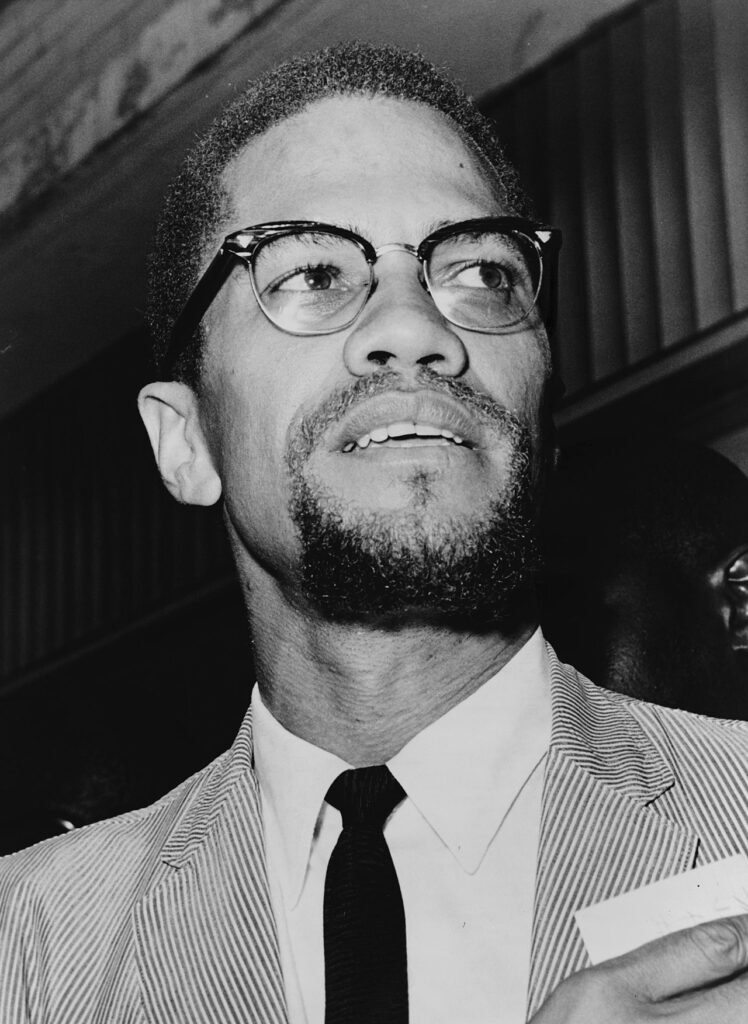
Malcolm X (1925–1965)
Country: United States
Key Contributions: Civil rights leader and human rights activist
Malcolm X was a prominent figure in the fight for racial justice, advocating for Black empowerment and self-determination. Known for his eloquent speeches and powerful critiques of systemic racism, he was a transformative leader within the Nation of Islam before founding the Organization of Afro-American Unity. Malcolm X’s legacy endures as a symbol of resistance and the pursuit of equality.
Why These Leaders Matter
These activists and leaders faced incredible challenges and often personal danger to fight for justice and equality. Their courage and determination have left an enduring legacy, reminding us that progress is possible through resilience and solidarity.
Learn More
- Comprehensive List of Human Rights Issues Around the World
- 11 Human Rights Documentaries Available Online
- 10 Causes of Human Trafficking
- 20 Powerful Human Rights Quotes
- Who is Malala Yousafzai?
Looking for further human rights resources? Explore more on The Global Humanitarian
Comment, subscribe, and follow me on Instagram @the.global.humanitarian
Please note: the views and opinions expressed on this blog are that of my own and do not represent the opinions of any agency mentioned.